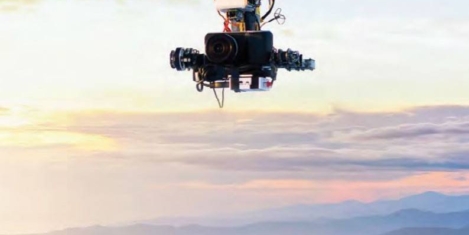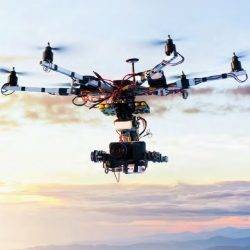June 21, 2018
Rise and shine: our analytical thinking peaks at 6am
 An academic study of social media users suggests that our analytical thinking peaks at around 6am – with people adopting a more ’emotional and existential’ tone later in the day. The research,Diurnal Variations Of Psychometric Indicators In Twitter Content, from academics at the University of Bristol and published in the journal PLOS ONE, involved the analysis of seven billion words used in 800 million tweets. Twitter content was sampled every hour over the course of four years across 54 of the UK’s largest cities to determine whether thinking modes change collectively. Researchers in artificial intelligence (AI) and medicine analysed the aggregated and anonymised content using AI methods.
An academic study of social media users suggests that our analytical thinking peaks at around 6am – with people adopting a more ’emotional and existential’ tone later in the day. The research,Diurnal Variations Of Psychometric Indicators In Twitter Content, from academics at the University of Bristol and published in the journal PLOS ONE, involved the analysis of seven billion words used in 800 million tweets. Twitter content was sampled every hour over the course of four years across 54 of the UK’s largest cities to determine whether thinking modes change collectively. Researchers in artificial intelligence (AI) and medicine analysed the aggregated and anonymised content using AI methods.





















 Demand for commercial office space in central London has remained above the long-term average, with the amount of space under offer increasing, though the level of supply in the West End has continued to decline, according to the latest figures from Savills. Take-up in April reached 275,473 sq ft across 24 transactions, bringing take-up for the first four months of the year to 1.3m sq ft. The volume of transactions to complete over the month was the lowest for April in five years but overall year-to-date take-up still remained up on the long-term average for this period by 13 percent.
Demand for commercial office space in central London has remained above the long-term average, with the amount of space under offer increasing, though the level of supply in the West End has continued to decline, according to the latest figures from Savills. Take-up in April reached 275,473 sq ft across 24 transactions, bringing take-up for the first four months of the year to 1.3m sq ft. The volume of transactions to complete over the month was the lowest for April in five years but overall year-to-date take-up still remained up on the long-term average for this period by 13 percent. 
 Eight in ten workers use their personal smartphones for work purposes to make their jobs easier as almost half report wasting 10 minutes per hour in their working day due to their employers’ ineffective technology. According to the
Eight in ten workers use their personal smartphones for work purposes to make their jobs easier as almost half report wasting 10 minutes per hour in their working day due to their employers’ ineffective technology. According to the 







June 13, 2018
US companies are waking up to the benefits of caring for employee mental health
by Colleen O'Day • Comment, Wellbeing
(more…)